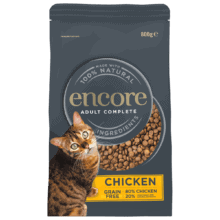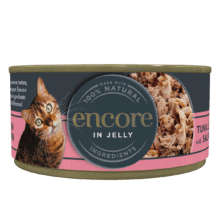Hyperthyroidism is a common cat condition that generally affects older felines.
It occurs when one or both of the thyroid glands in the neck become enlarged and overactive, resulting in a rise in the production of hormones.
This increased metabolic state can have a negative impact on a cat, placing higher stress on their organs, and potentially leading to a drop in overall health.
The underlying cause of hyperthyroidism is unknown. Cats diagnosed with it can go on to lead healthy, happy lives for many years, provided the disease is caught and treated early.
The symptoms do tend to develop over time, so pet parents need to ensure they are educated on what signs to look for.
This is a serious condition and one that can be fatal if left untreated.
If you believe your cat is presenting with any of the associated symptoms, book an appointment with your vet as soon as possible.




